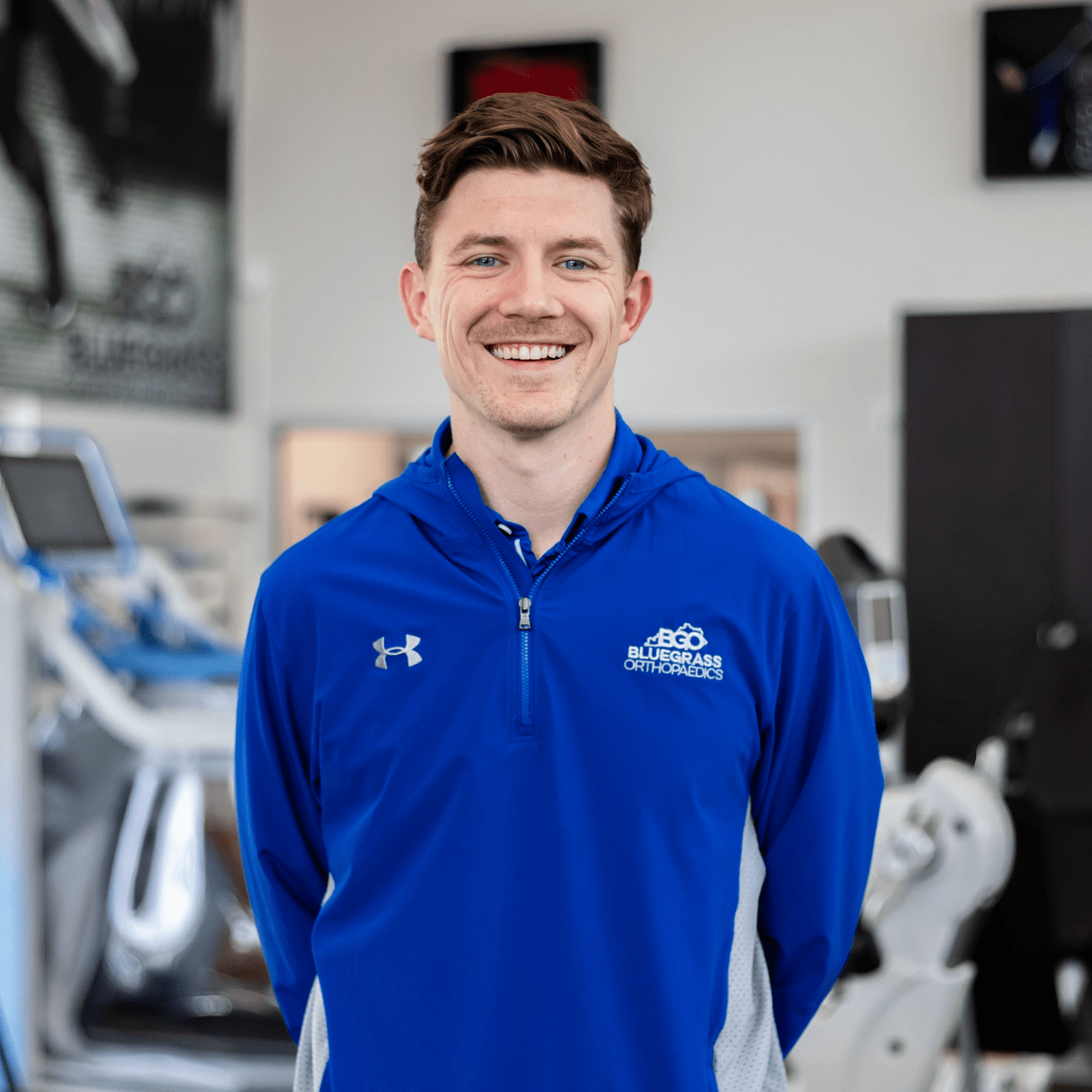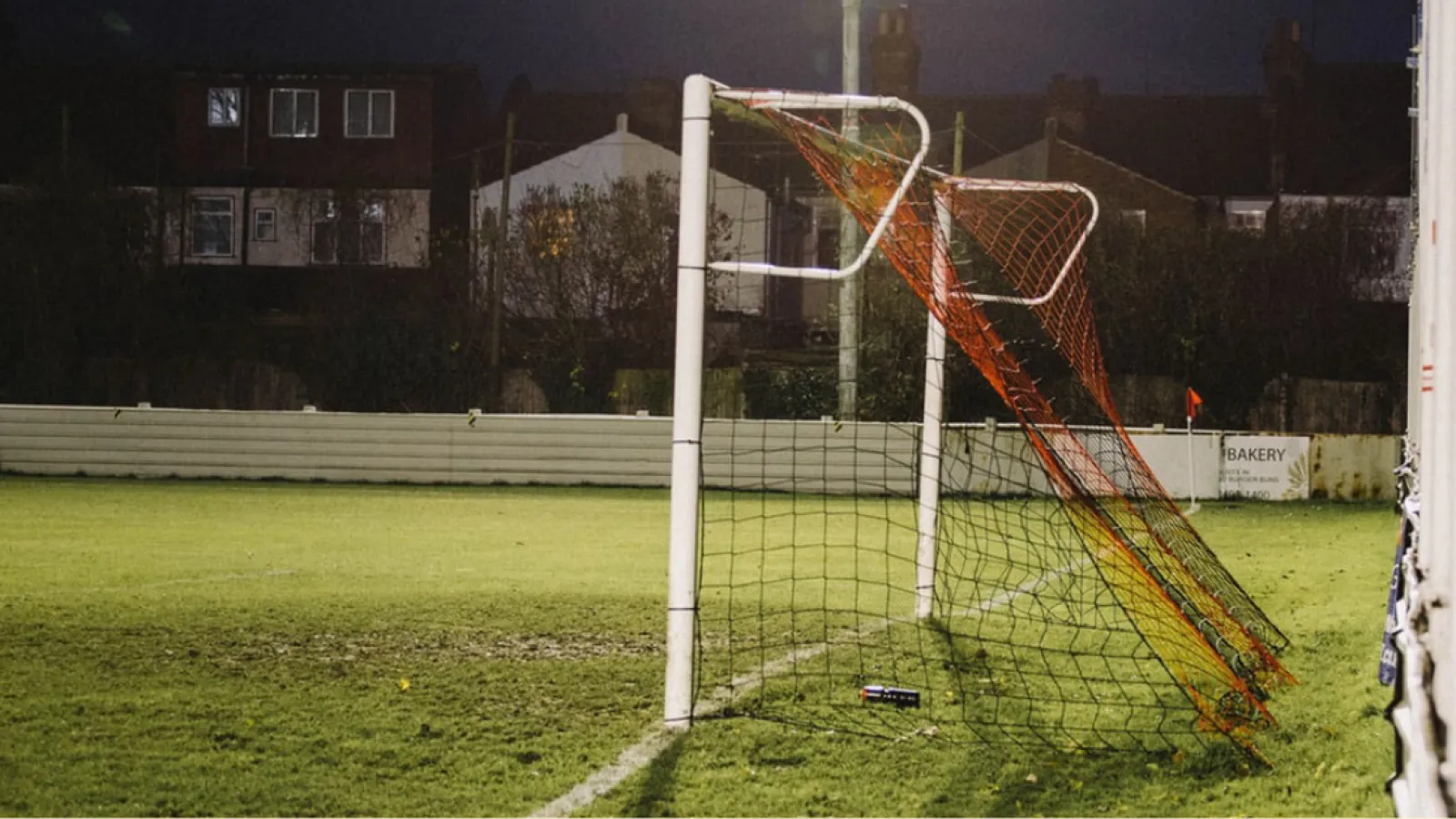What to Do to Stay in Shape Over the Dead Period
As practice and training is canceled to prevent the spread of the novel Coronavirus, athletes need to make sure that they are ready for their sports once they start back up. With a shortened season a possibility, once sports begin again they will be full swing. Games will start right away, with little to no period to get back in shape. Because of this, it is important to stay in competition shape so your body is ready to help your team to victory.
We are going to talk what each spring sport can do to stay prepared.
Baseball/Softball
Baseball and softball are sports that your body needs time to adapt to. There is a great deal of preparation that has been done to get ready for the season. A lack of continuation of that training could put your body at an increase risk of the injury and negatively affect your performance.
Baseball and softball players should continue focusing on the following areas:
- Shoulder Health
- Lower Body Strength
- Arm Strength
- Core Stability
Shoulder Health: The biggest joint of injury in these sports is the shoulder. Patients should continue to do rotator cuff exercises, as well as maintaining their shoulder mobility with proper stretching. These are key to preventing injury.
Lower Body Strength: Most of the power produced in these sports is from the lower half. It is crucial to continue to train lower body strength. This includes squats, lunges, (safe) deadlifts, and specific hip strengthening exercises like bridges and any banded hip exercises.
Arm Strength: Your arms need to be used to producing force, especially when throwing. It is vital to continue throwing throughout the break. Throw the throws you would make in practice depending on your position. This may mean throwing bullpens into a wall if you are a pitcher.
Core Stability: Lastly, but definitely not least important is core stability. In a sport where rotation creates power, maintaining stability in the core is crucial. Continue to train core stability with planks, leg lifts, and exercise ball stability.
Tennis
Tennis is a sport that requires skill, finesse, and stamina. Losing abilities in any of these areas will compromise your game, and could put you are risk for injury. The areas tennis need to focus on are Racquet skills, footwork, and cardiovascular fitness.
Racquet skill: keeping the racket in your hand and continuing to get swings in are key to maintaining your tennis prowess. Whether that is playing with a friend, or a hitting against a wall.
Footwork: Tennis is a footwork heavy sport. Doing ladders, practicing your footwork for all your different strokes, and maintaining foot speed are a necessity in this time.
Cardiovascular fitness: you may be the best skill player, but if you can't do that into the last set because you are doubled over, you can't win. Continue to train your cardiovascular system with running, jumping ropes, sprint work, anything that gets your heart rate up. Keeping in shape with put you one step ahead when you step back on the court.
Lacrosse
A skill based sport that requires both strength and fitness, all 3 areas need to be a focus.
Skill: Keep your stick in your hands. Either pass with a friend or pass off a wall. Get at least 500 passes in a day.
Strength: You need to be strong to play lacrosse, or you won't have the strength to control the ball. Continue training your strength with the equipment that you have, either weights or home or simply using your body. Anything you do is better than nothing.
Fitness: If you aren't in shape, it's tough to be competitive on the lacrosse field. Continue to run! If all you do is strength and skill work, it will be hard to run up and down the field a few times once you get back out there. Continue training your fitness with sprints, long runs, and jumping rope. Anything that gets your heart rate up will work great.
Track
Continue your training, continue your training, continue your training. This is the key to maintaining your performance on the track. If you trained 5 days a week, and that now changes to 1 day a week, do not be surprised if your times, distances, and heights go down. Now you may not have access to the track or facilities, but continuing your training however you can is vital. Run in your neighborhoods sidewalks or local parks. Squat your siblings or pets as weights instead of a barbell. Simply continue the training you have done up to this point, at the same frequency and intensity.
Spring Soccer
Fitness and skill are aspects of soccer that can fade if you don't continue training them.
Fitness: Keeping your fitness level high is key as a soccer player. Continue to get your heart rate up through sprints, long runs, maybe even give the Manchester Fitness a try.
Skill Work: Keep the ball on your foot. Continue to train with the ball. Whether it's passing, shooting, receiving. Keep all areas of ball control an area of training. Use a friend, a wall, anything. Just continue to practice!
Click this link to watch some training you can do at home. Thank you to our sports medicine affiliate Commonwealth Soccer Club and their Director of Coaching Jim Tussey.
I hope these tips will help you stay prepared for your sport. Just like you all, we are excited for the time when we are able to get back on the field.
---------------------------------------

